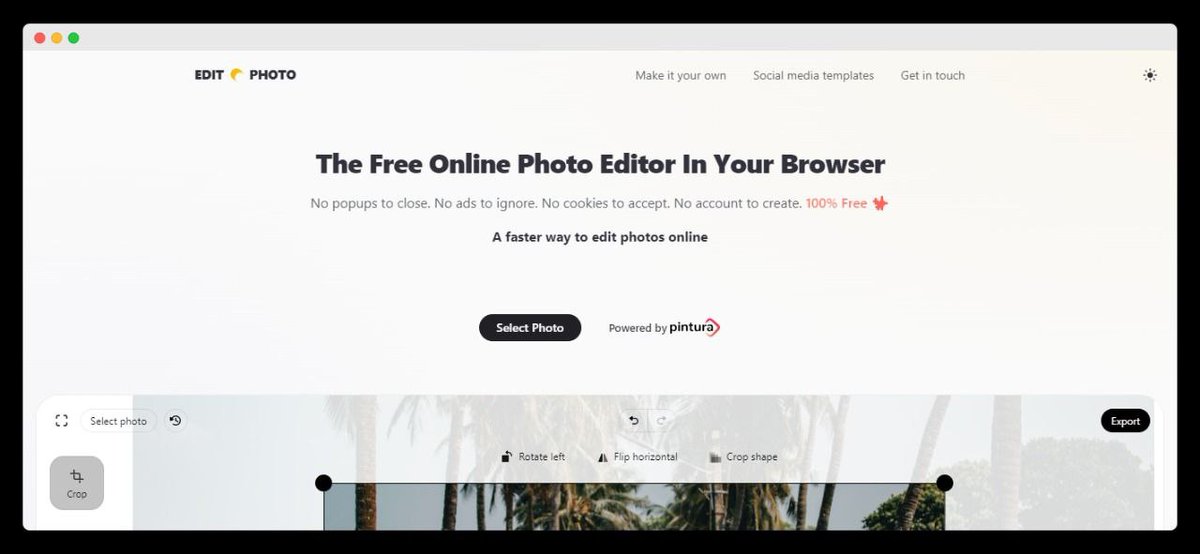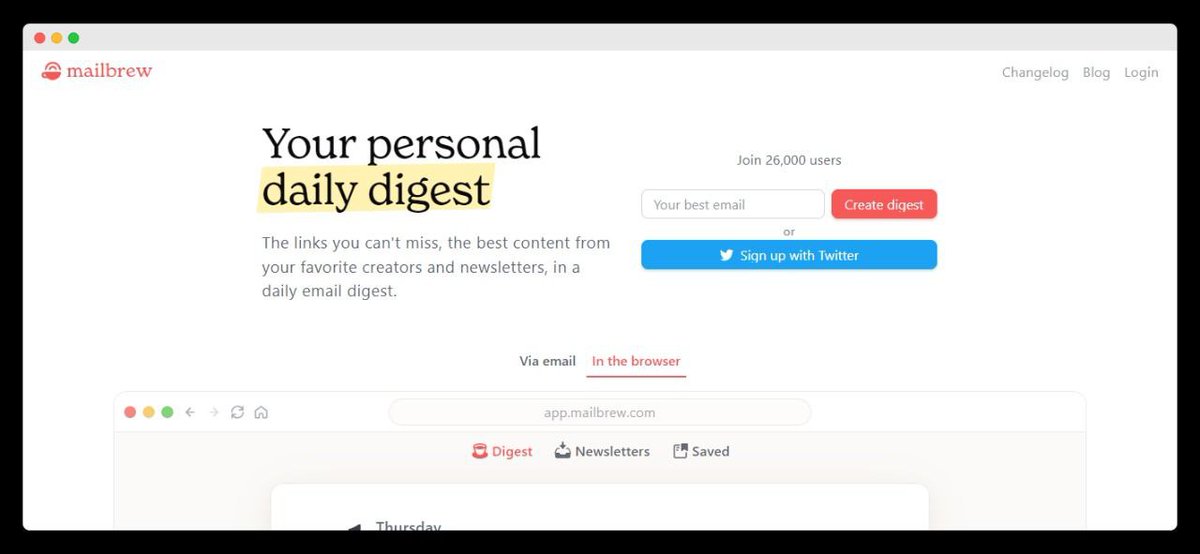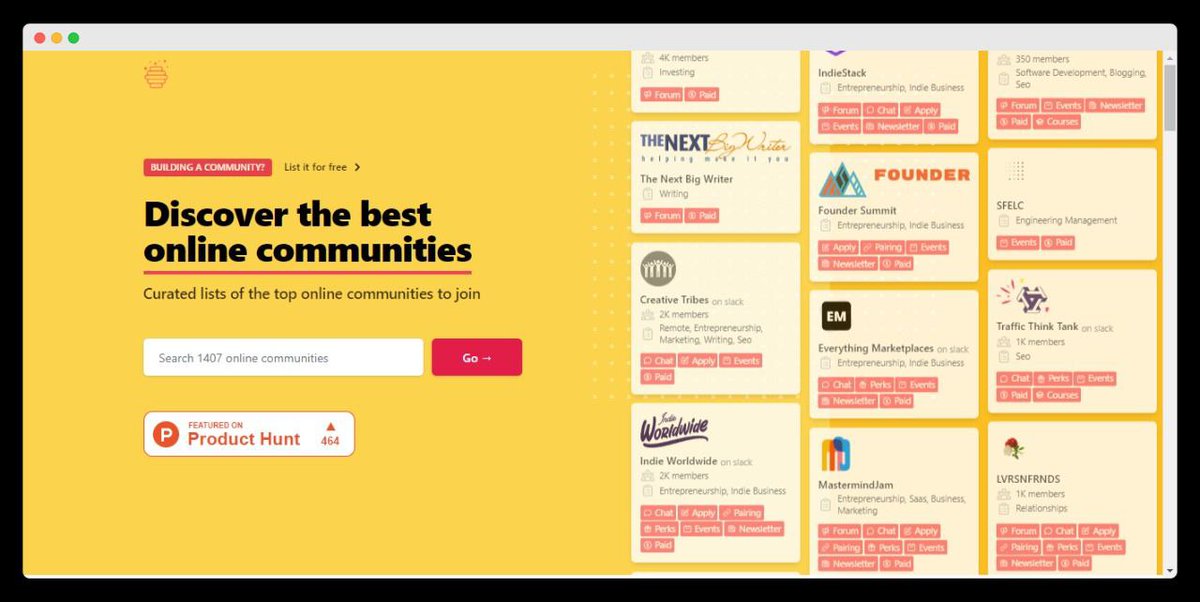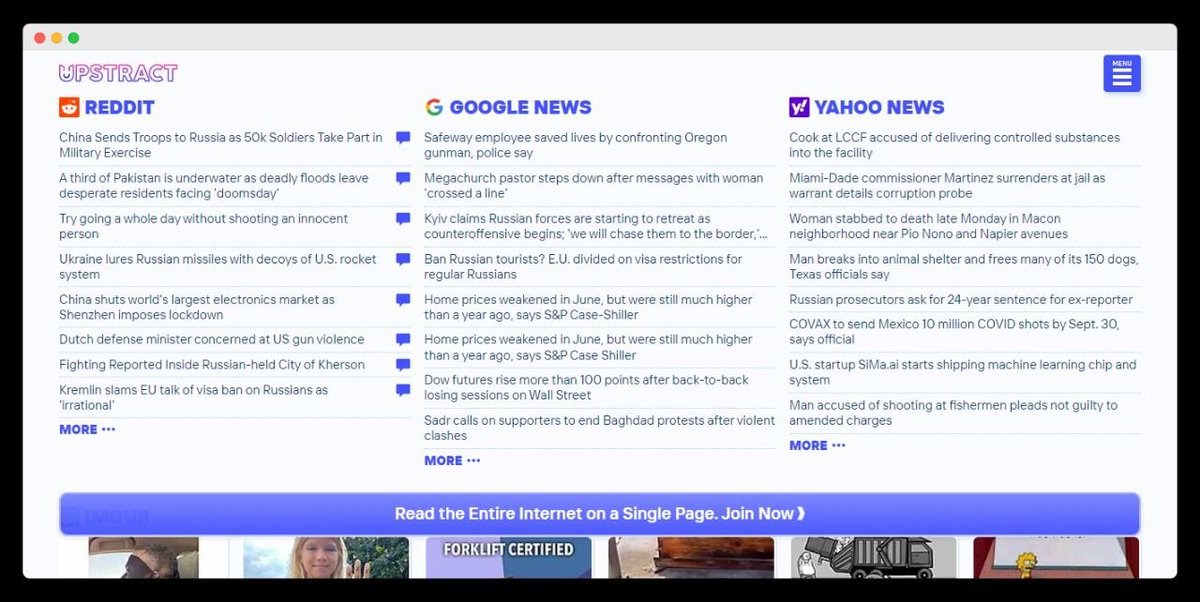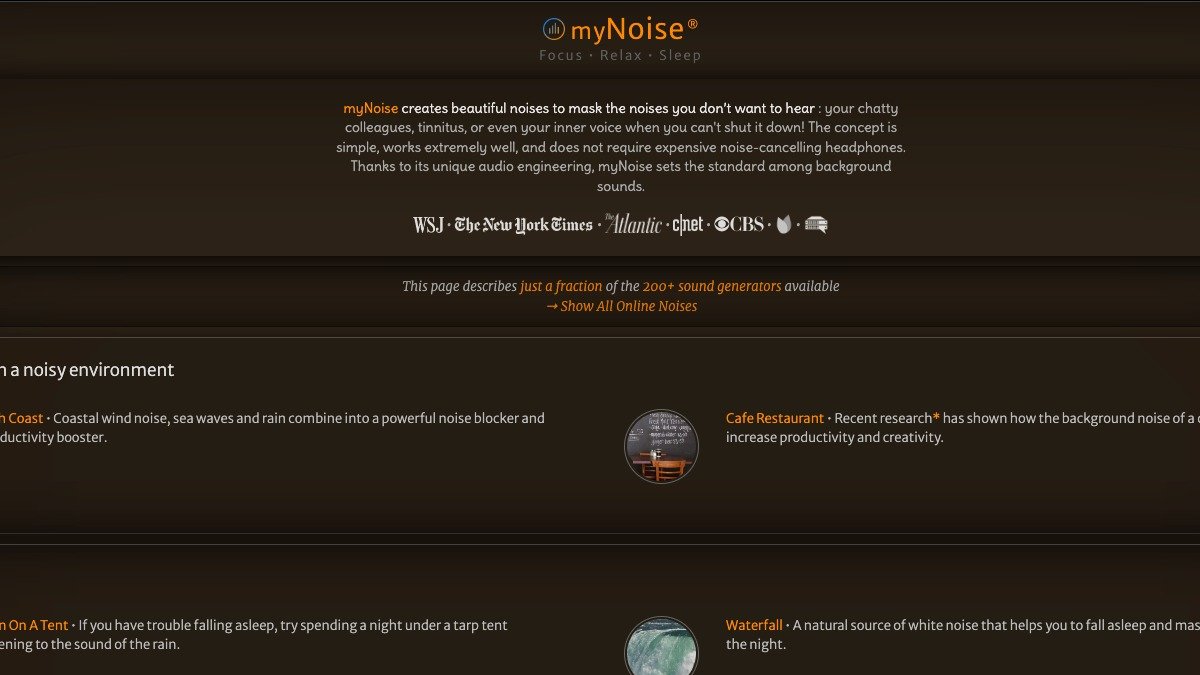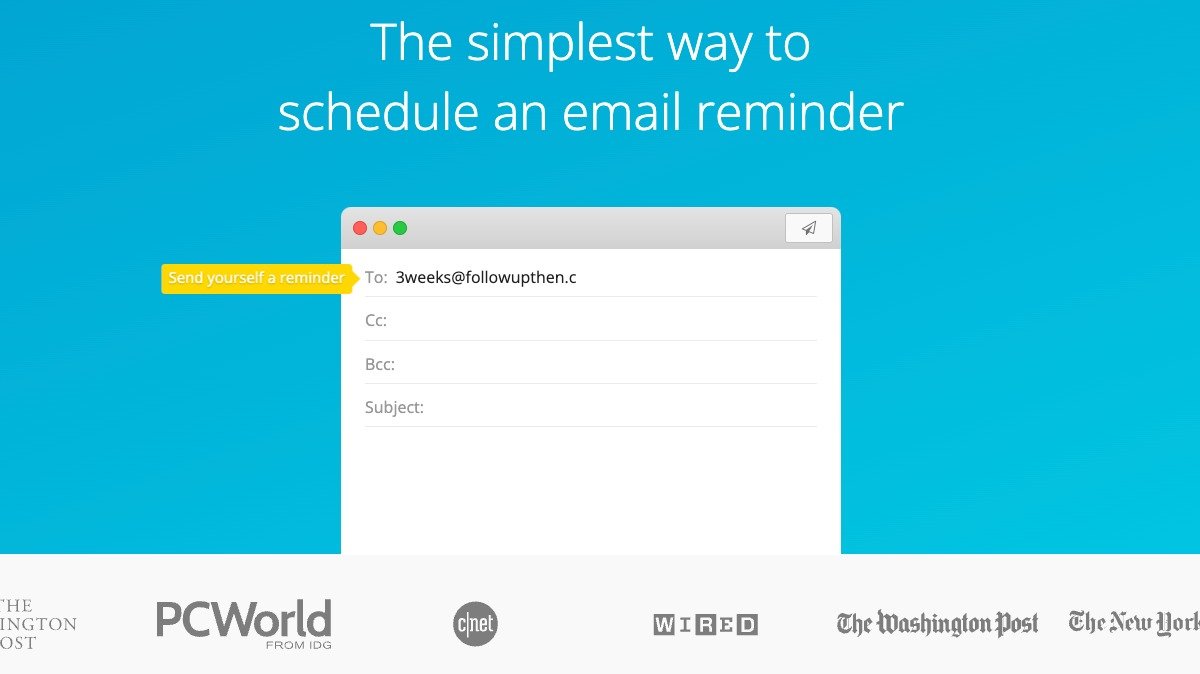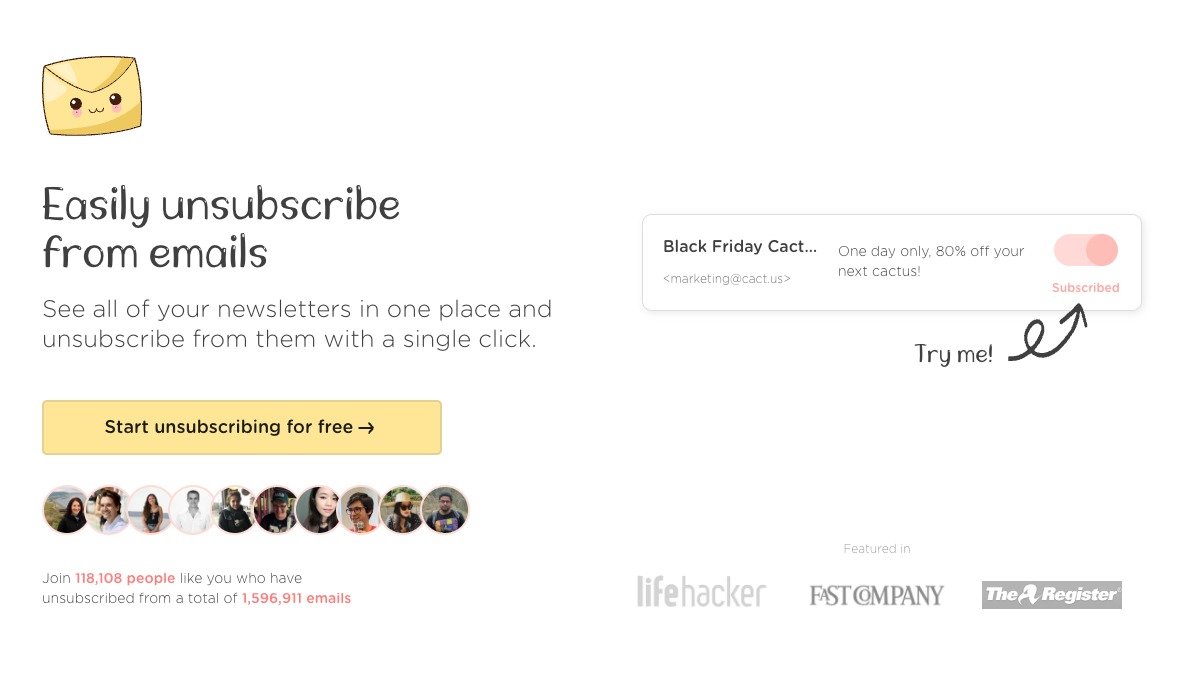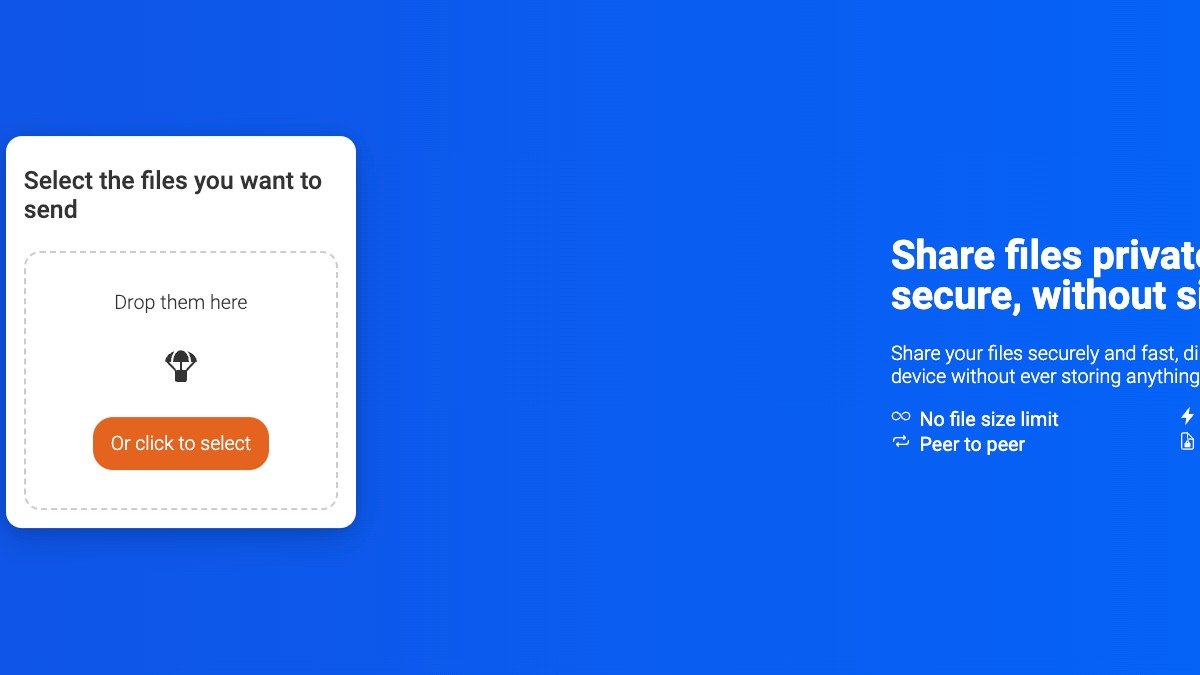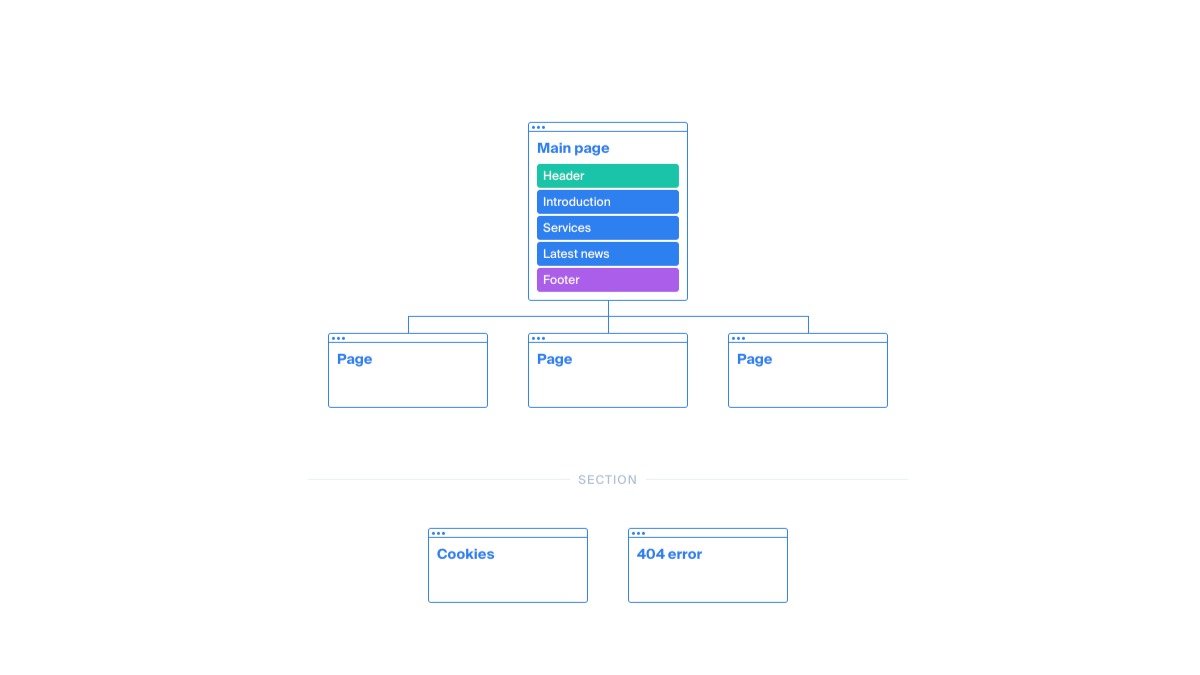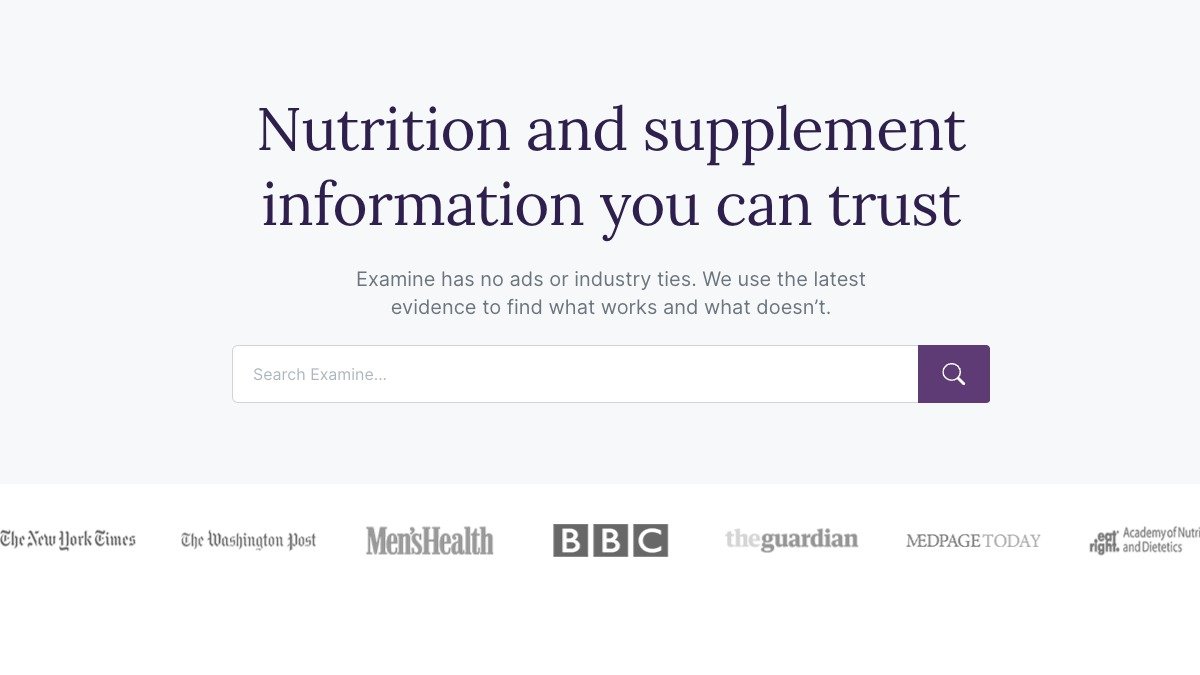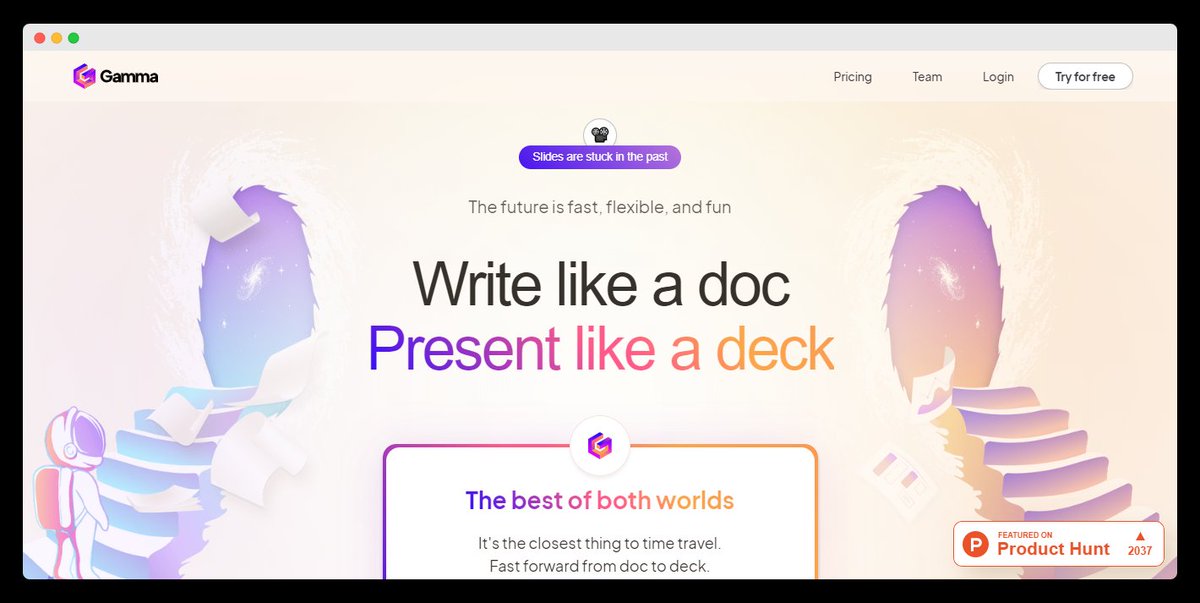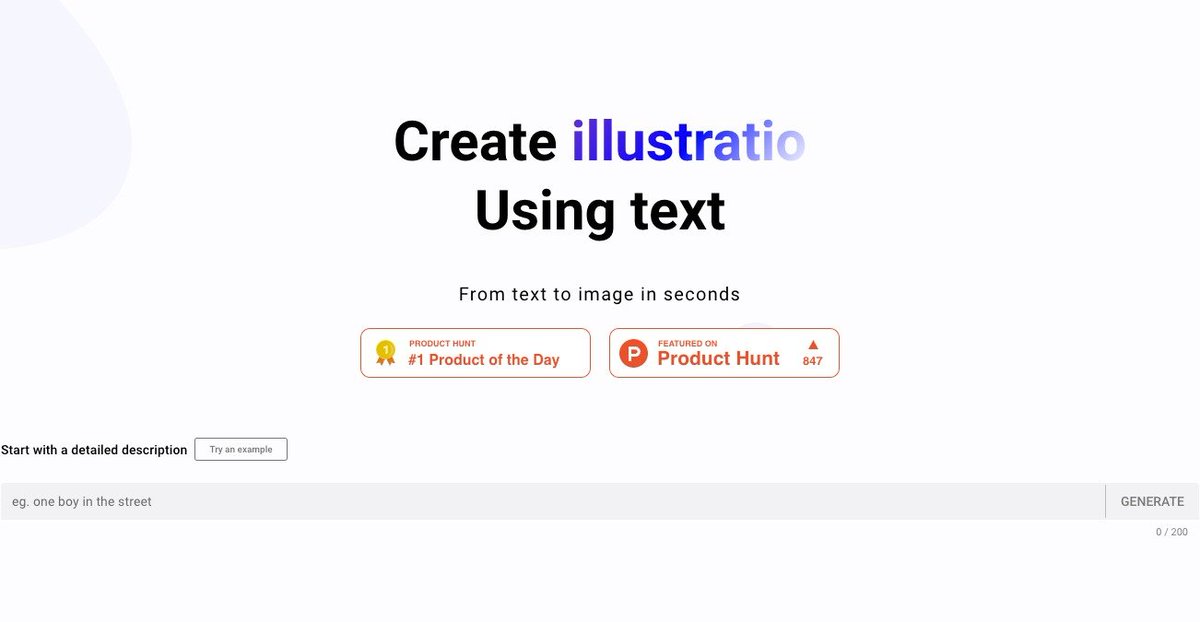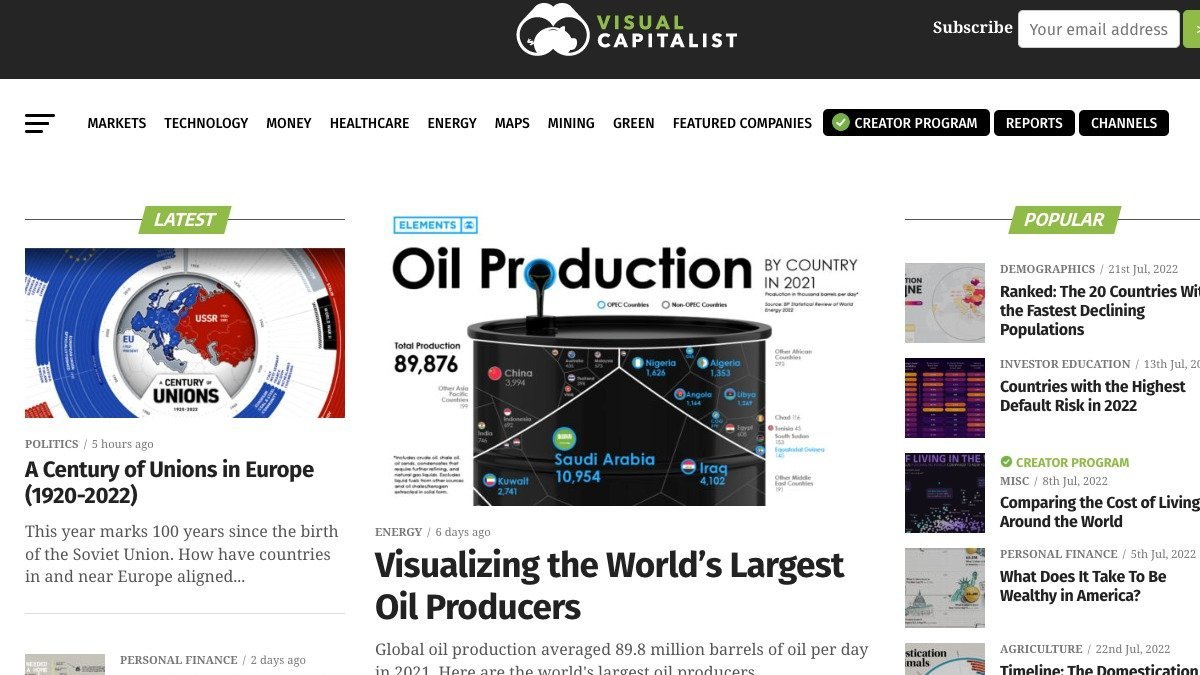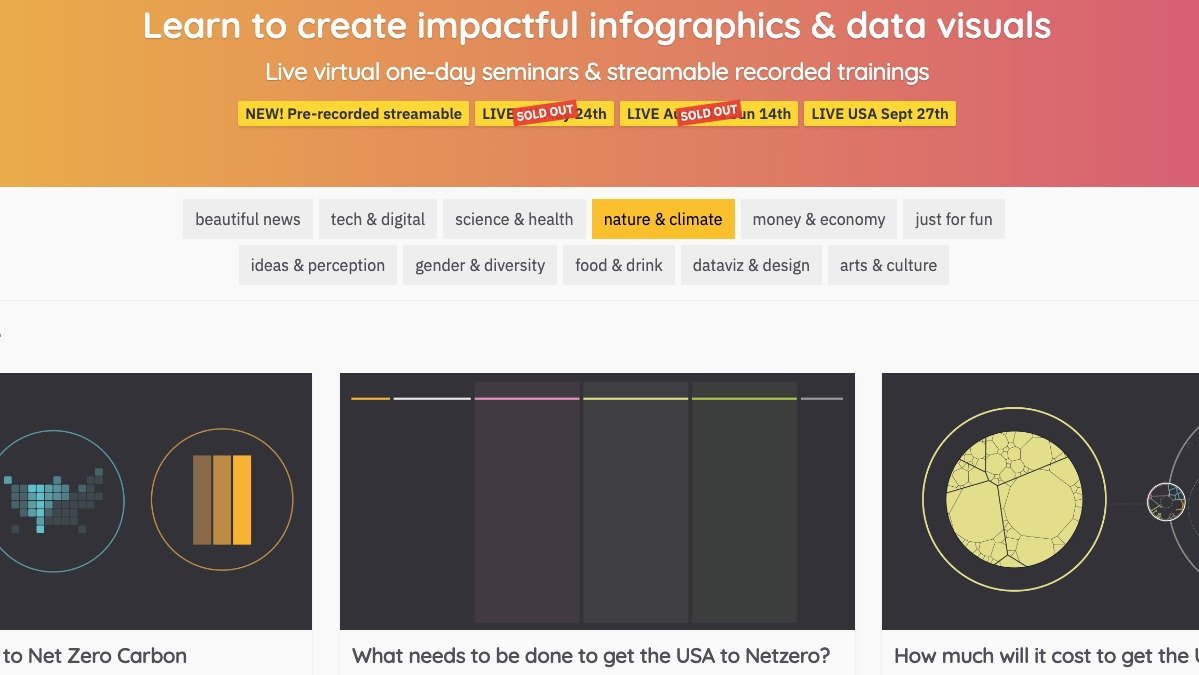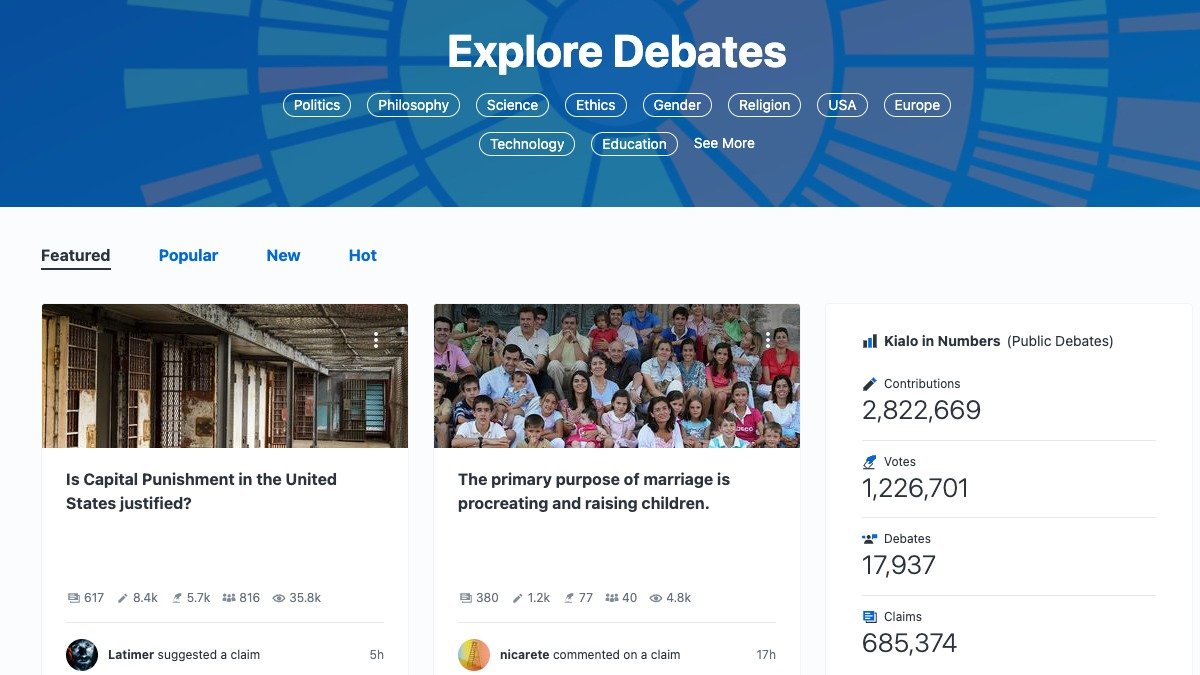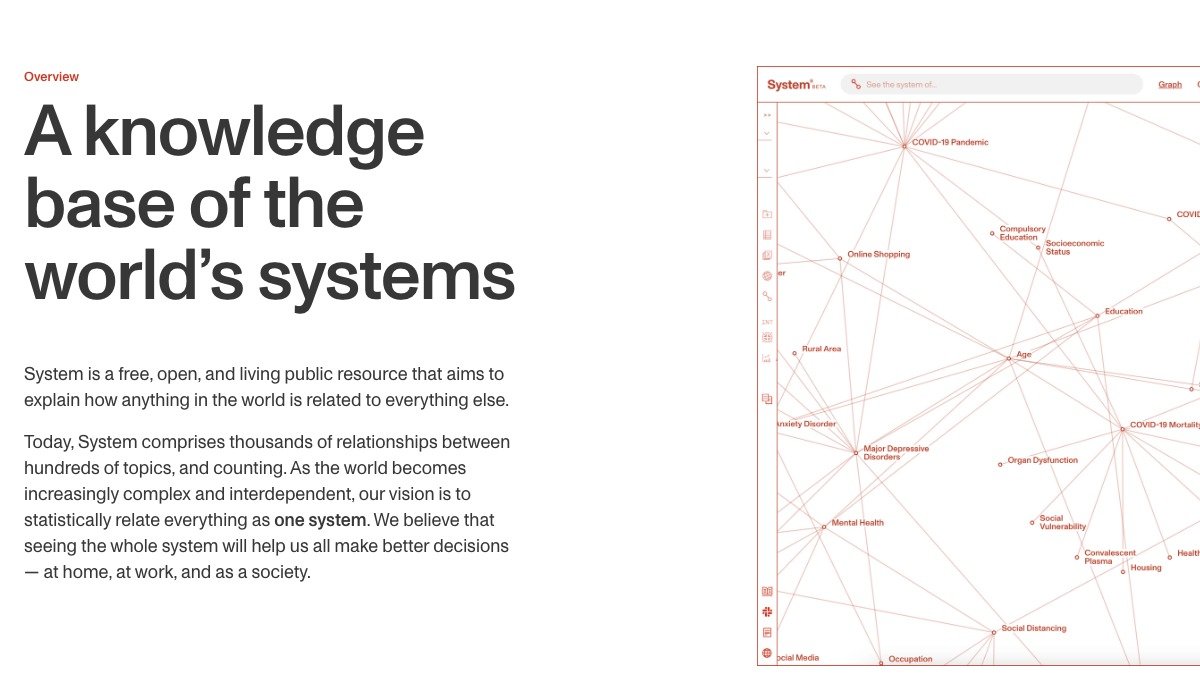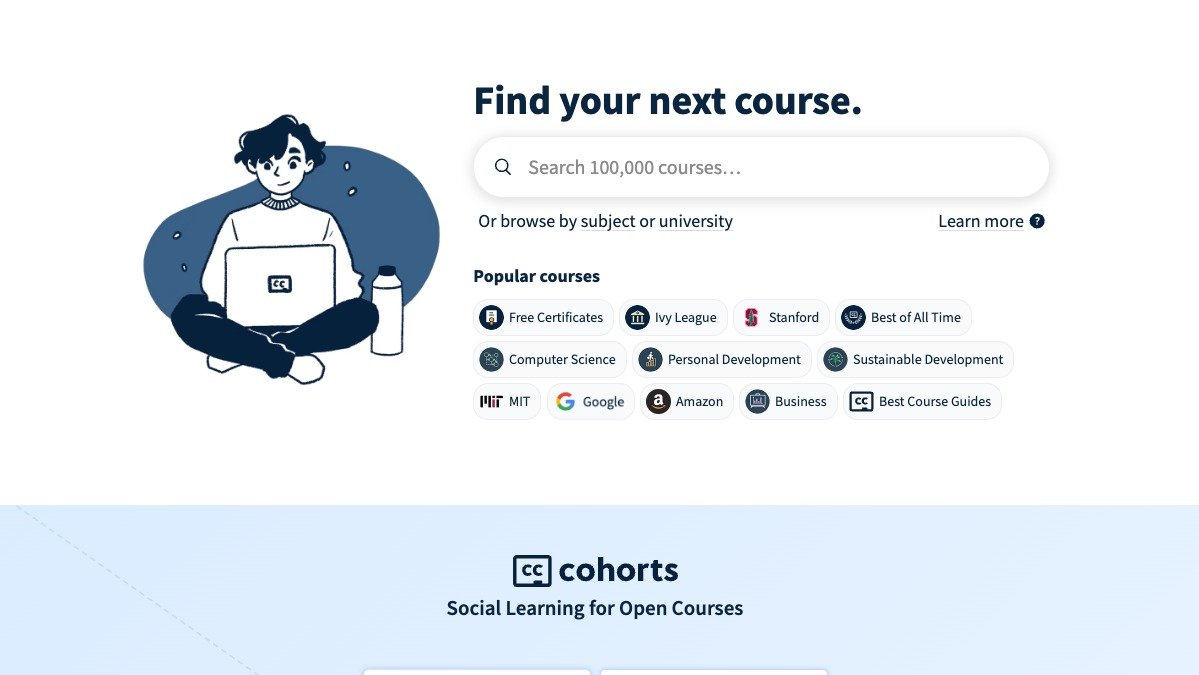First things first: The best way to win an argument is to not enter one in the first place.
However, we don't always have that luxury and can sometimes find ourselves needing to defend a point of view.
If this happens, here are 15 logical fallacies to avoid:
Anecdotal (vs. Empirical Evidence)
Using a personal experience or an isolated example to try and prove a point instead of empirical or more compelling evidence.
Humans tend to believe and relate to stories, but don't fall into this trap.
What's true for you isn't always true.
Likely or Plausible Fallacy
Likely: Incorrectly assuming that just because something is possible means that it is likely.
Plausible: Incorrectly assuming that just because something is plausible means that it is true.
Begging The Question
Involves presenting a circular argument where the conclusion is included in the premise.
Examples:
1/ "Of course smoking causes cancer. The smoke from cigarettes is a carcinogen."
2/ "Circular reasoning is bad mostly because it's not very good."
Inverse Fallacy
Incorrectly assuming the probability of A happening given that B has happened to be about the same as the probability of B given A.
Example: Terrorists tend to have an engineering background; so, engineers have a tendency towards terrorism.
Nope, not the case.
Post Hoc Fallacy
Believing or starting that, "since event Y followed event X, event Y must have been caused by event X."
"The rooster crows immediately before sunrise; therefore the rooster causes the sun to rise."
Correlation does not equal causation.
Moral Equivalence
Thinking that two things are morally equivalent when they're not.
For example, thinking that racist language and an assault have the same severity.
No. One is an act of violence while the other is words.
Different wrongful conduct has different severity.
Ambiguity
Using a double meaning or ambiguity of language to mislead or misrepresent the truth.
"Sure philosophy helps you argue better, but do we really need to encourage people to argue? There's enough hostility in this world."
Politicians are often guilty of this fallacy.
Red Herring
A deliberate diversion from a relevant or important question.
John: It's morally wrong to lie to your spouse, why on earth did you do that?
Steve: But what is morality exactly?
John: It’s a code of conduct shared by cultures.
Steve: But who creates this code?
Middle Ground
Claiming that a compromise, or 'middle ground', between two extremes must be the truth of a matter.
Sometimes a thing is simply untrue and a compromise of it is also untrue.
Half way between truth and a lie, is still a lie.
The Texas Sharpshooter Fallacy
Cherry picking data to suit your argument, or finding a pattern to fit a presumption.
Named after a Texan firing gunshots at a barn, then painting a shooting target around the tightest cluster of hits and claiming to be a sharpshooter.
No True Scotsman
Claiming an appeal to 'purity' to dismiss another argument.
Person A: "No Scotsman puts sugar on his porridge."
Person B: "But my uncle Angus is a Scotsman and he puts sugar on his porridge."
Person A: "But no true Scotsman puts sugar on his porridge."
Genetic Fallacy
Claiming something is good or bad on the basis of where it came from, or from whom it came.
It's the belief that the origin of something determines its worth.
Example: "The news article is a conservative publication, so you know whatever it says is true."
Poisoning the Well
Presenting negative information that is irrelevant before presenting an argument, which makes that argument, or person, seem untrustworthy.
"Before you listen to what he has to say, may I remind you that he has been in jail."
Also called a smear tactic.
Appeal to Consequences
A type of appeal to emotion.
It's an argument that attempts to prove a premise true or false because the consequences of it being true or false are desirable or undesirable.
The desirability of a premise's consequence does not make it true or false.
Appeal to Authority
Claiming that because an authority or someone of status thinks something, it therefore must be true.
Authority or status holds no bearing upon whether claims are true or not.
Assess the argument, not the origin of the argument.
That's 15 common thinking errors to avoid when defending a point of view.
If you enjoyed this thread:
1. Follow me
@_alexbrogan for more thought-provoking content to help you get better at the game of life
2. RT the tweet below to share this with others who might enjoy it :)
https://t.co/i4dxfTT4r0
